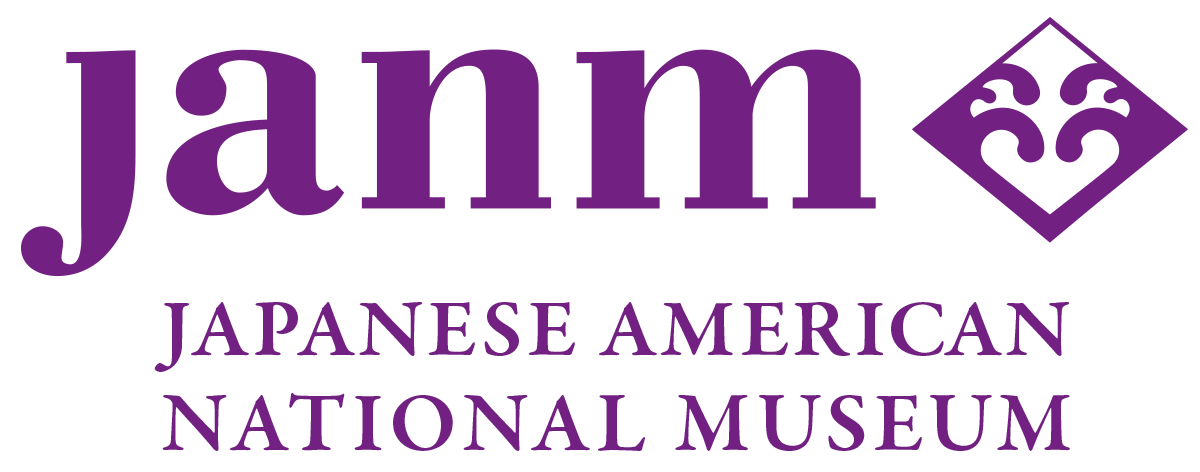即日発表 - 2009年10月16日
プレス連絡先:
Chris Komai - ckomai@janm.org - 213-830-5648

STAGE READING FOR ADAPTATION OF 'NO-NO BOY' SET FOR OCT. 31
Classic Japanese American Novel by John Okada Adapted by Ken Narasaki
Playwright and actor Ken Narasaki will present his work-in-progress stage adaptation of the classic Japanese American novel No-No Boy by John Okada at a reading set for Saturday, Oct. 31, beginning at 2 p.m. at the Japanese American National Museum’s Tateuchi Democracy Forum.
No-No Boy was first published in 1957, but due to its controversial nature, the novel was virtually ignored and soon went out of print. Okada, who was born in Seattle and was forced with his family into the domestic concentration camp at Minidoka, Idaho, served in the U.S. armed forces during World War II, unlike his protagonist Ichiro. The novel centers on Ichiro’s fateful decision to refuse to join the Army, unlike many of his own friends, and the far-reaching consequences he endures because of it. He winds up in prison, is alienated from his parents and friends, and turns down opportunities for employment because he doesn’t feel he deserves a good job.
Narasaki, whose plays include Ghosts and Baggage, The Mikado Project, and Innocent When You Dream, has long admired No-No Boy, which was republished in the 1970s, and considered it "something more than a book; it’s one of those works of art that transcends its actual form, becoming something much larger than just a novel. I came upon this book and found within its pages an anger and a despair I knew had to be real; rage, confusion, and self-hatred that I knew had to burn somewhere in the tough hearts of many in my parents’ generation."
Yet, because of his admiration, Narasaki found the idea of adapting it to the stage daunting and intimidating. He also had to deal with some of the novel’s drawbacks, especially its title. "Ichiro is not really a No No Boy – at least, not in the sense that few, if any, No No Boys actually went to prison for their answers alone," Narasaki explained. No No Boys were individuals who said no to two infamous questions (27 and 28) the government administered to inmates in the camps. Most considered them loyalty questions, but as Narasaki discovered, "there was more than one questionnaire, and they were to serve two very different purposes." One was to clear individuals to leave camp to either attend school or work, while the other was trying to pinpoint those who would be willing serve in a segregated unit in the Army.
The stigma of declaring no-no exists to this day with some parts of the Japanese American community. During the war, the government gathered up those individuals and segregated them in the Tule Lake camp in California for the duration of the war. Some opted to leave America for Japan. "Why he (Okada) chose to call his seminal novel No No Boy is an open question – whether he misunderstood the actual distinctions in a time where few people could see the big picture or simply decided to name his book after arguably the most divisive three words in the Nikkei community is something perhaps no one will ever know," Narasaki said.
The challenge of adapting a novel for the stage is always difficult. "Making changes is the other scary part about adapting a well-known book to which people have an emotional connection: How much change is sacrilege? How much change constitutes a desecration?" Narasaki pondered. After doing an earlier reading, he was told that he needed to do more and not less in adapting the work.
"I’ve done that with each succeeding draft, inventing more dialogue, and extending one small element into an ongoing theme, and building a new ending made up of dialogue from throughout the book to create a sense of epiphany – everything that Ichiro has heard up to this point finally adds up to something more than despair," the playwright offered. "I believe what is evolving is true to the spirit and intent of the work, and I believe lovers of the book will not feel betrayed by the differences in this adaptation, but the proof of the pudding will be in the eating."
This program is free to National Museum members or with general admission. For more information or to make reservations, call the Japanese American National Museum at (213) 625-0414, or go to www.janm.org.
